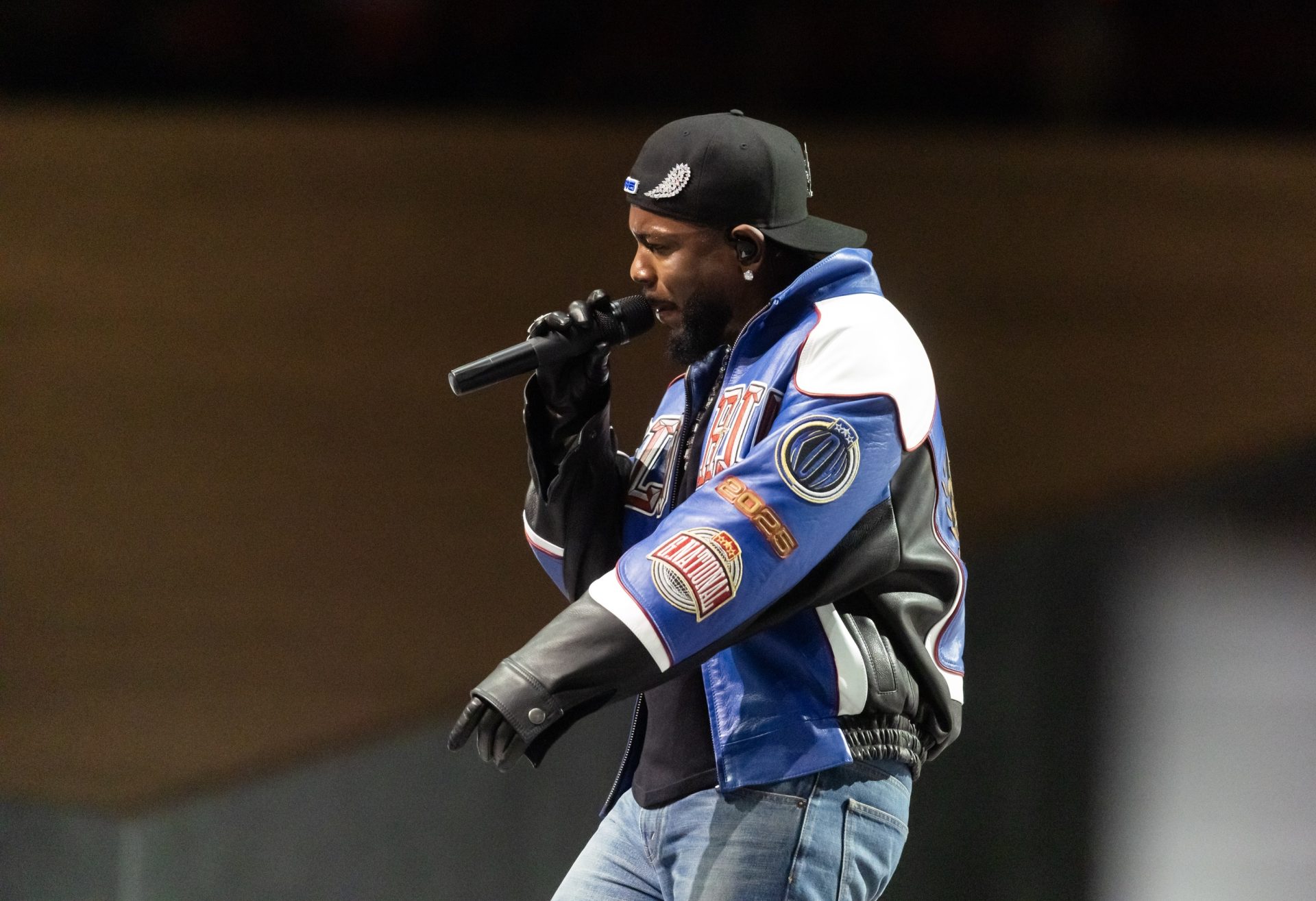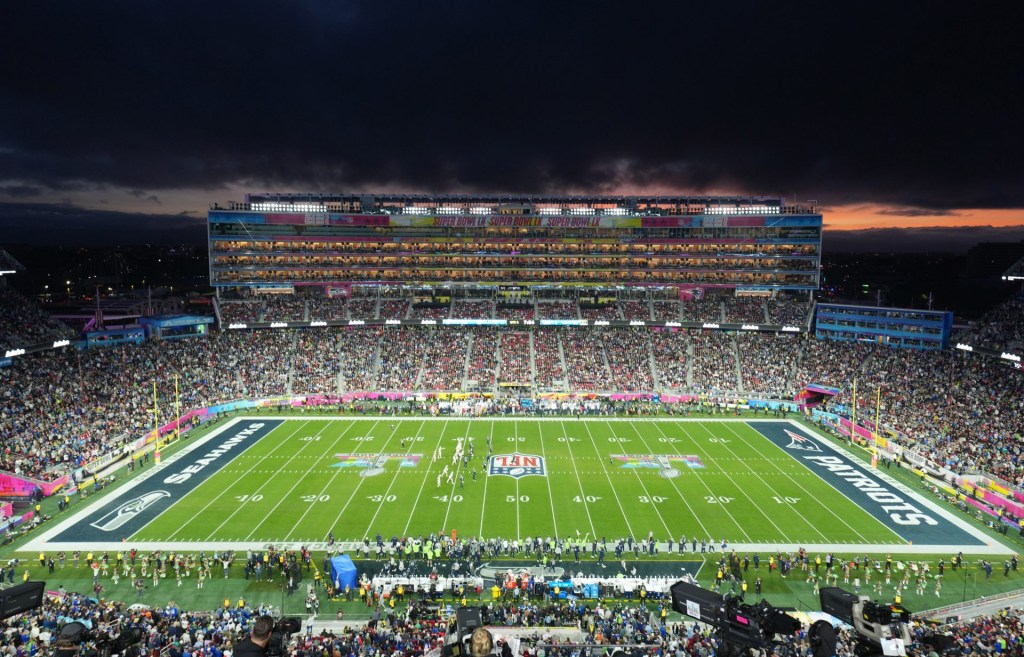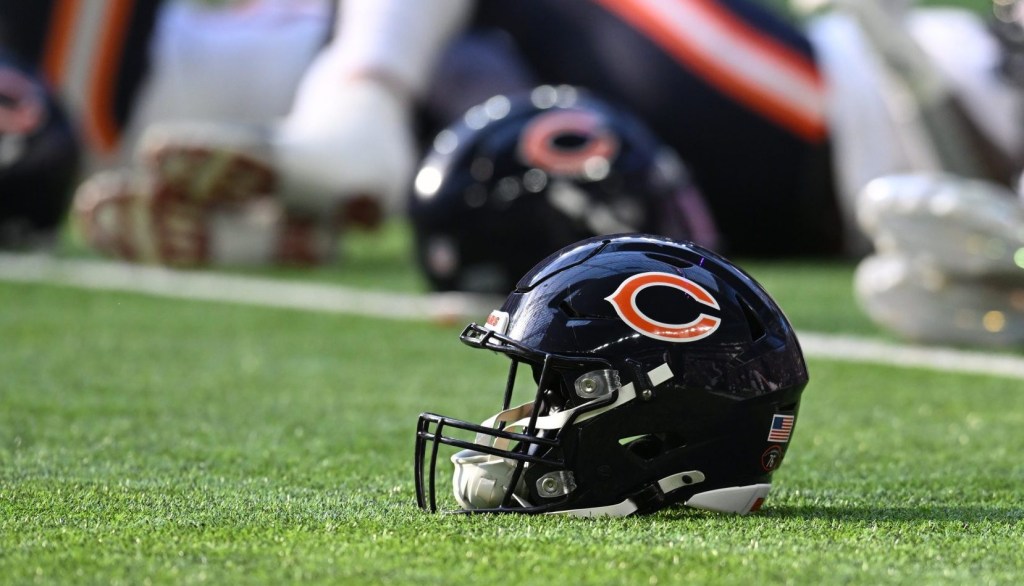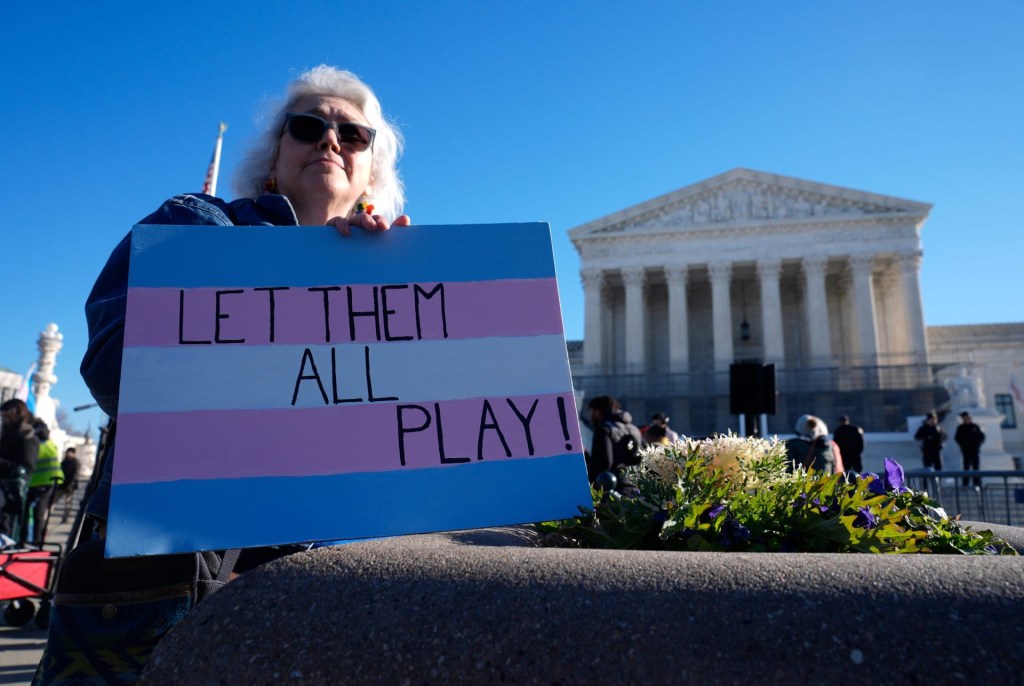A federal judge tossed Drake’s lawsuit against Universal Music Group on Friday that alleged Kendrick Lamar had defamed him at the Super Bowl LIX halftime show in February.
Drake sued UMG, to which both he and Lamar are signed, in January before the Super Bowl for defamation, harassment, and violating New York business law. The suit claimed UMG published and promoted “Not Like Us,” Lamar’s smash hit diss track that calls the Canadian rapper a “certified pedophile,” even though the label knew those claims were false and defamatory.
Drake amended the lawsuit in April following Lamar’s performance at the Super Bowl halftime show. Lamar did not say the word “pedophile” in the performance, but he took plenty of other shots at Drake, including his instantly viral smile directly at the camera as he rapped, “Say, Drake, I hear you like ’em young.” With 133.5 million viewers, it was the most-watched Super Bowl halftime show ever. The amended complaint said the Super Bowl and the Grammy Awards, which also prominently featured the diss track, gave the song more listeners and streams, allowed more people to be “duped into believing that Drake was a pedophile,” and increased threats against Drake and his family. (It did not name the NFL or Fox as defendants.)
“The agreement to censor the word ‘pedophile’ failed to cure the Super Bowl Performance of conveying the Recording’s central defamatory meaning,” the new complaint read. “Instead, the Super Bowl Performance further solidified the public’s belief in the truth of the allegations against Drake.”
On Thursday, Judge Jeannette Vargas granted UMG’s motion to dismiss the case. In her 38-page ruling, Vargas wrote the context of a diss track in a rap battle is “essential to assessing its impact on a reasonable listener,” because this type of art isn’t understood by the general public to be “fact-checked verifiable content,” despite Drake’s suit including ample examples of fans interpreting it as truth. Vargas even referenced the defamation case between Michael Rapaport and Barstool Sports as one of several examples of a “heated public feud” where “an audience may anticipate the use of ‘epithets, fiery rhetoric or hyperbole’ rather than factual assertions.”
“The issue in this case is whether ‘Not Like Us’ can reasonably be understood to convey as a factual matter that Drake is a pedophile or that he has engaged in sexual relations with minors,” Vargas wrote. “In light of the overall context in which the statements in the Recording were made, the Court holds that it cannot.”
Vargas wrote that Lamar could not have predicted the massive success of “Not Like Us,” particularly at the Grammy Awards and the Super Bowl halftime show, when he released the song. “Whether publications constitute actionable fact or protected
opinion cannot vary based upon the popularity they achieve,” Vargas wrote.
Drake is planning to appeal the decision.
The dramatics around the Super Bowl halftime show have continued into this season after the NFL named Bad Bunny as its performer for February’s game. Conservative backlash to the Puerto Rican superstar—who said he skipped the U.S. on his world tour because of President Donald Trump’s immigration tactics—led Turning Point USA, the organization founded by slain political commentator Charlie Kirk, to announce its own “All-American Halftime Show” to rival Bad Bunny’s performance. (Puerto Rico is a U.S. territory, and Bad Bunny is an American citizen.)

















